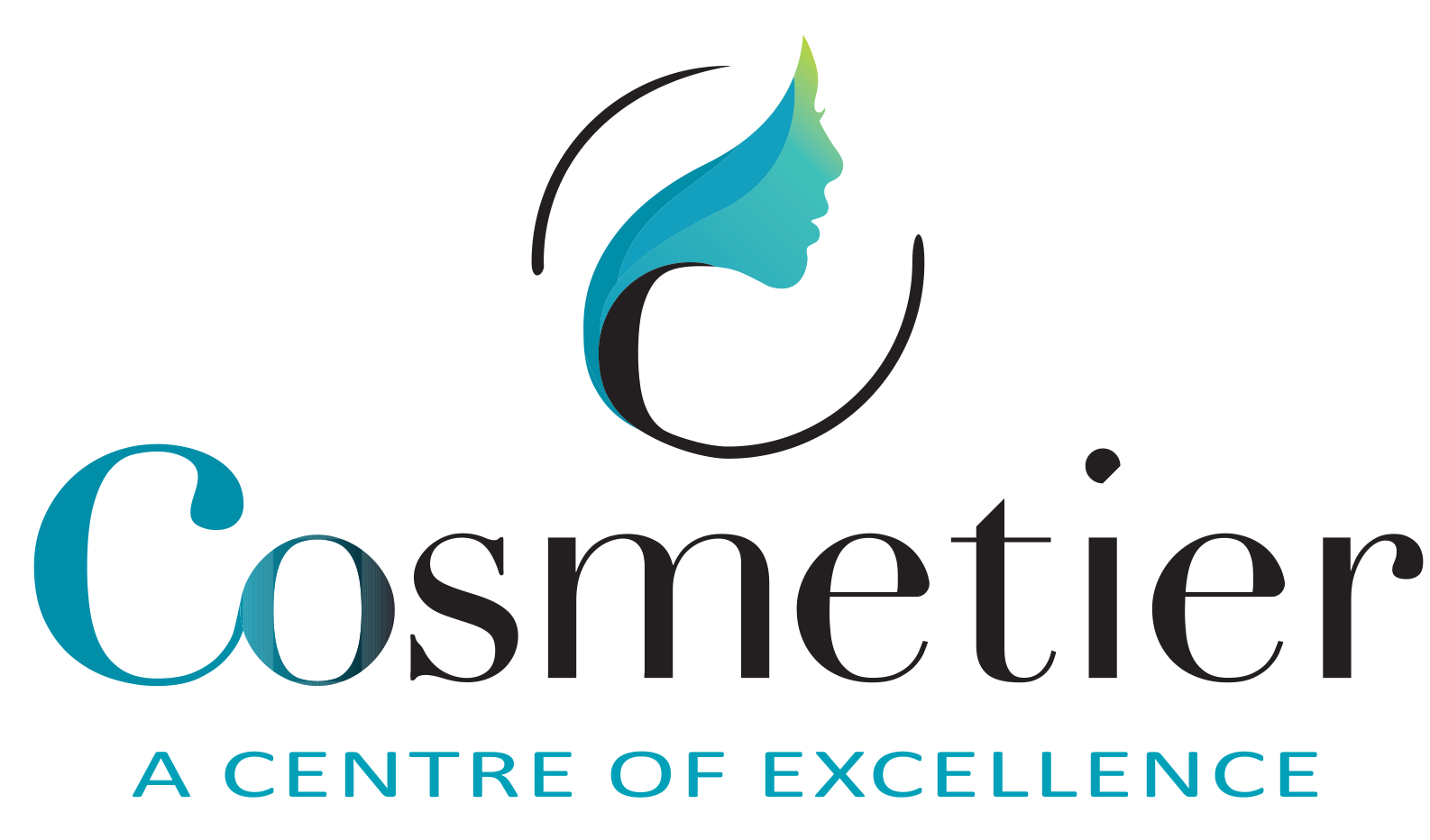Your skin is your body’s largest organ, so naturally your lifestyle affects its health and appearance. If you’re not taking care of your body through the right lifestyle choices, then the chances are your skin is going to convey this too. A lot of complex skin conditions can be genetic, but a lot can also be influenced or worsened by your lifestyle choices. Your general skin quality, for example, is often a physical signifier of how well it is looked after. As a skin clinic, we’d like to offer up some science on the link between your lifestyle and your skin.
How smoking affects your skin
Regularly smoking brings about the signs of premature ageing in your skin through diminished skin quality and thickness. Toxins within cigarette smoke damage collagen and elastin within your skin, which are essential to its bounce and laxity. Your body naturally stops producing collagen and, over time, your natural reserves begin to deplete. Regular smoking damages your already dwindling levels of collagen, causing the appearance of volume loss and fine lines in the skin. Those who regularly smoke will also encounter vascular constriction, which is when the blood vessels in your skin becomes constricted and inhibit blood flow, therefore inhibiting oxygen reaching your skin cells. This collagen loss and constriction isn’t just limited to the skin on your face, but across your body too.
How alcohol affects your skin
Alcohol dehydrates all parts of your body, including your skin. Drinking too much too regularly deprives your skin of vital vitamins and nutrients, as well as moisture levels. This is why hungover skin can often appear irritated, flushed, and puffy, because the lack of water retention there. When your body is dehydrated, it saps water from the least vital places and directs it to the most vital places, like your organs. Your skin is often the first place moisture is taken from, making your skin irritated and sensitive. Like all foods and drinks, alcohol needs to be excreted once it is consumed. This happens as waste products as well as being sweat out in our skin. Because alcohol contains a lot of acids, sugars, and toxins, sweating it out can often result in spots and blemishes. Even complex skin conditions usually addressed by a skin clinic, like the development of rosacea, have been linked to alcohol consumption and are often worsened by alcohol.
How sleep quality affects your skin
Whilst we’re technically a skin clinic and not a sleep clinic, it’s important to recognise the link between a well-rested you and well-rested skin. Sleeping is when your skin heals and repairs itself, so when you don’t get enough sleep the pH levels in your skin drop. This creates an imbalance, causing your skin to not be able to produce enough moisture. The result is dry, irritated, red, and breakout-prone skin. Alcohol can also affect the quality of your sleep in that it inhibits your ability to fall into REM (rapid eye movement) and deep stages of sleep. These are the stages when your skin regeneration occurs, so robbing yourself of these hours can lead to impaired facial refreshment and healing. This is where the phrases ‘tired skin’ and ‘beauty sleep’ comes from.
Visiting a skin clinic
Visiting a professional skin clinic means professional skin advice, professional skin treatments and professional skin doctors. Yes, we can advise you on how to look after your skin through lifestyle habits, but we can also suggest how we can help remodel your skin. To arrange an appointment at the Cosmetier skin clinic in Luton, visit our contact page to book your initial appointment today.

